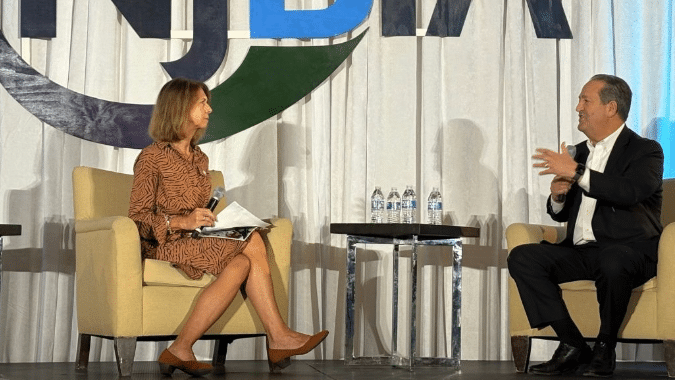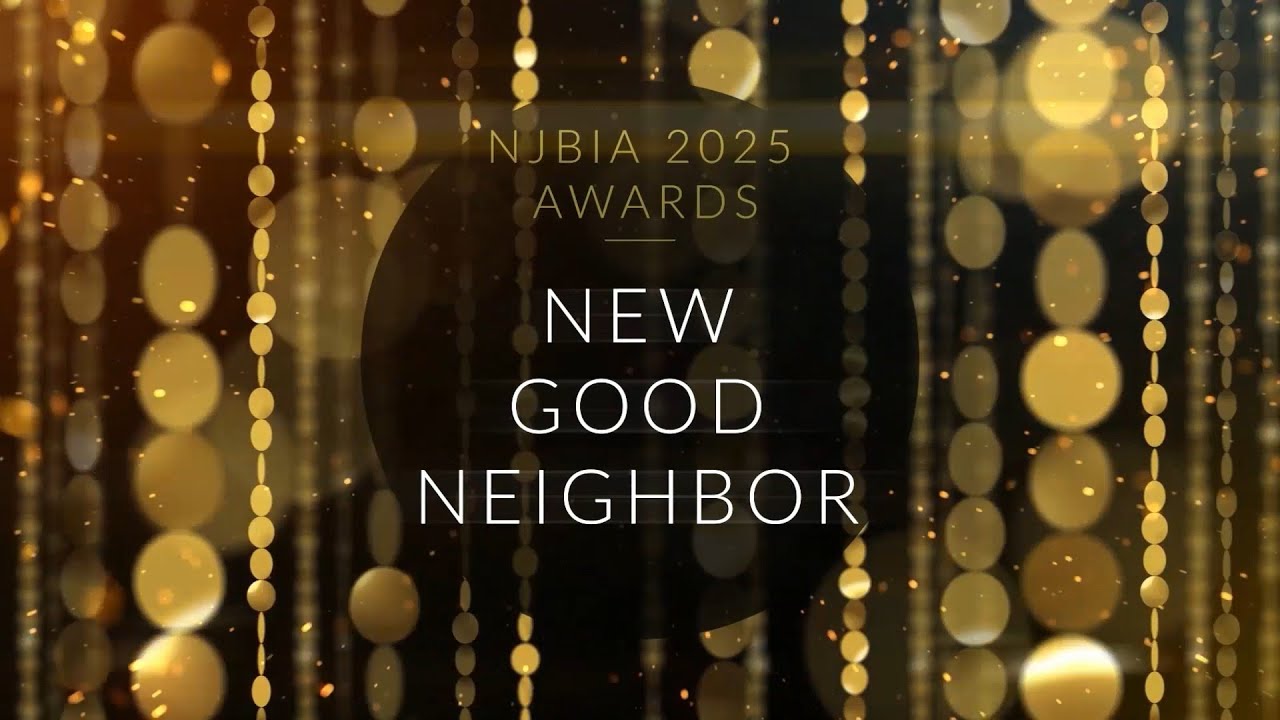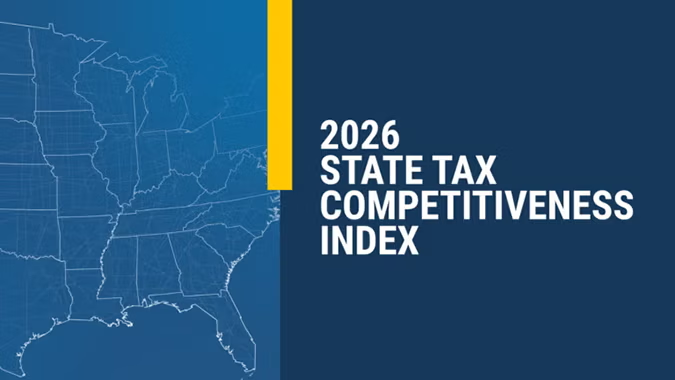With more people working remotely, there is an increased need to make sure the technology being used is accessible to all employees, including those with a hearing disability.
Otter.ai recently announced that conference calls and webinars held on the online platform Zoom will now include video captioning, according to a recent article in HR Dive. The general availability of this new feature follows the April launch of Otter Live Notes, a live and interactive transcription feature available on Zoom.
Live captioning capabilities were previously embedded in Zoom's competitors, Google Meet, Cisco WebEx and Microsoft Teams, making the availability of captions a standard feature for teleconference solutions.
"In retrospect, it's a little surprising that Zoom hadn't built in open captions in a way that others had," said John Robinson, managing partner, CEO and founder of Our Ability told HR Dive. "It's good that they're doing it, I do want to applaud them for doing it.”
Employers are required to provide reasonable accommodations to employees under the Americans with Disabilities Act. Remote workplaces have highlighted technology's role as an equalizer for people with disabilities.
However, live captioning that allows deaf and hard-of-hearing employees to more fully participate in online meetings are helpful, but not always a perfect fix, according to James McDevitt, executive director of the Deaf-Hearing Communication Centre.
"When I need to have a meeting with external partners, the auto-captions usually give me enough information to figure out what's being said," McDevitt told HR Dive. "Unfortunately, when it goes wrong, it really goes wrong and it really disrupts the flow of the meeting," McDevitt said.



